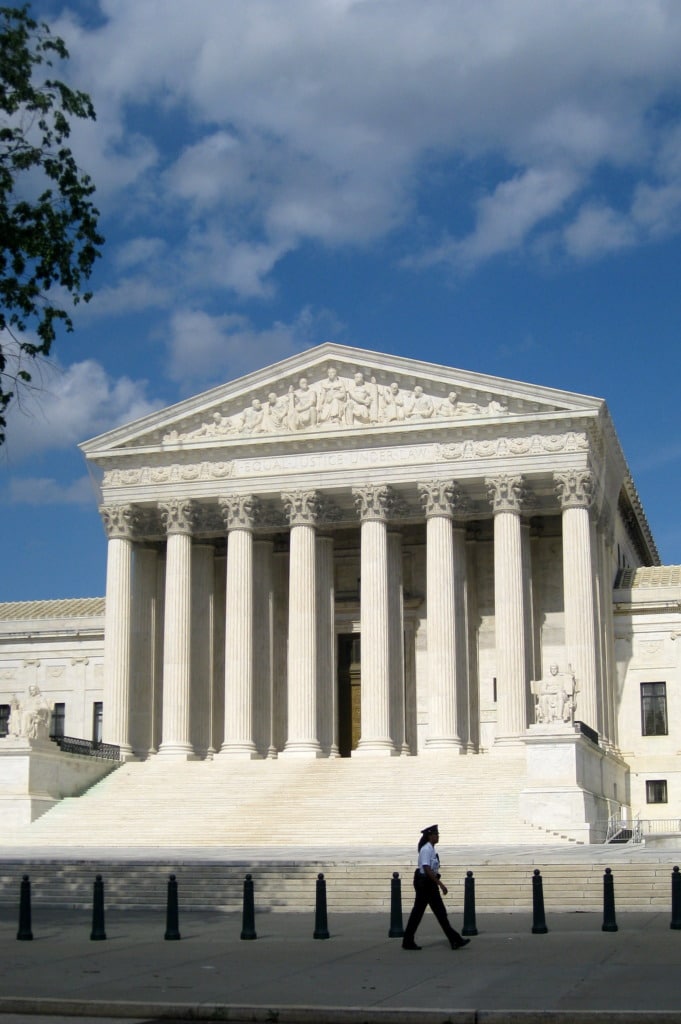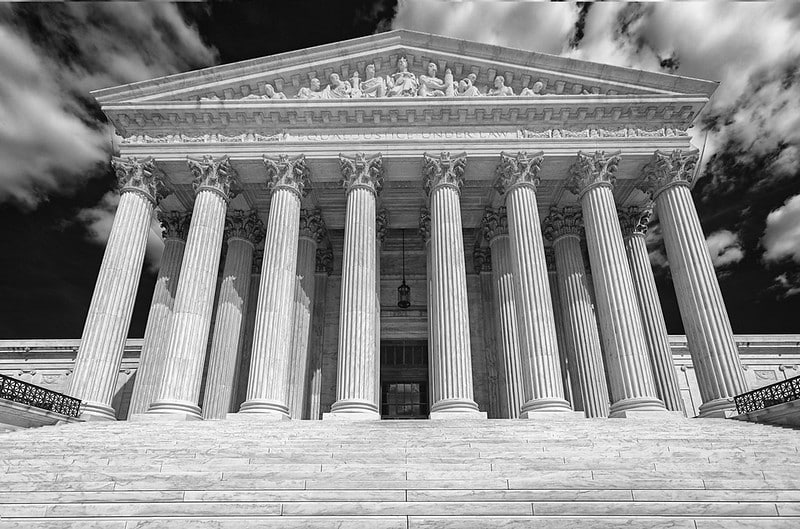Three Questions for the Ninth Circuit in Antrix
The Supreme Court’s recent decision in CC/Devas (Mauritius) Ltd. v. Antrix Corp. Ltd. represents a minimalist response to a narrow question embedded in a procedural labyrinth. As Ingrid Brunk noted on TLB, the Court resolved no significant issue, but rather corrected an obvious mistake by the Ninth Circuit. However, the case bristles with potential. Depending…
Continue ReadingSupreme Court Remands CC/Devas v. Antrix
To the surprise of no one, today the Supreme Court reversed and remanded CC/Devas v. Antrix. The Ninth Circuit had held that the Foreign Sovereign Immunities Act (FSIA) always requires minimum contacts between the defendant and the United States, an argument so weak that the respondents did not defend it before the Court. The Court…
Continue ReadingDevas v. Antrix: Headed back to the Ninth Circuit?
On Monday, the Supreme Court held oral argument in Devas v. Antrix to decide “whether plaintiffs must prove minimum contacts before federal courts may assert personal jurisdiction over foreign states sued under the Foreign Sovereign Immunities Act (FSIA).” Minimum contacts between the defendant and the United States might be required as a matter of statutory…
Continue ReadingForeign States are “Persons”: CC/Devas v. Antrix Amicus Brief
The Supreme Court may soon resolve an important constitutional question: whether foreign states are “persons” entitled to Fifth Amendment due process. For those who engage seriously with the text, history, and structure of the Constitution, there is a ready answer: yes, foreign states are “persons.” The scope of the “process” to which foreign states are…
Continue ReadingCC/Devas (Mauritius) Limited v. Antrix Corp.: International Arbitration and Constitutional Avoidance
I suspect that CC/Devas (Mauritius) Limited v. Antrix Corp. Ltd. caught the eye of the Supreme Court because of an interesting constitutional question: Does the Due Process Clause of the Fifth Amendment apply in civil suits brought against foreign states in U.S. courts? More than thirty years ago, Justice Scalia, writing for a unanimous Court…
Continue ReadingArbitration Enforcement and Consent
This Term, the Supreme Court will hear a case that could have profound ramifications for international arbitration: CC/Devas (Mauritius) Ltd. v. Antrix Corp. Ltd. The petitioners are seeking to enforce an arbitration award they won against a state-owned company in India. The district court enforced the award, relying on the New York Convention and the…
Continue ReadingNinth Circuit Gets Tangled Up in Minimum Contacts and Due Process
Do the Fifth Amendment’s due process protections require minimum contacts? And do those protections apply to foreign states sued under the Foreign Sovereign Immunities Act (FSIA)? Those are the fundamental questions on which Ninth Circuit judges offered differing approaches as they resolved a recent petition for rehearing en banc. Regular TLB readers may recall that…
Continue Reading


